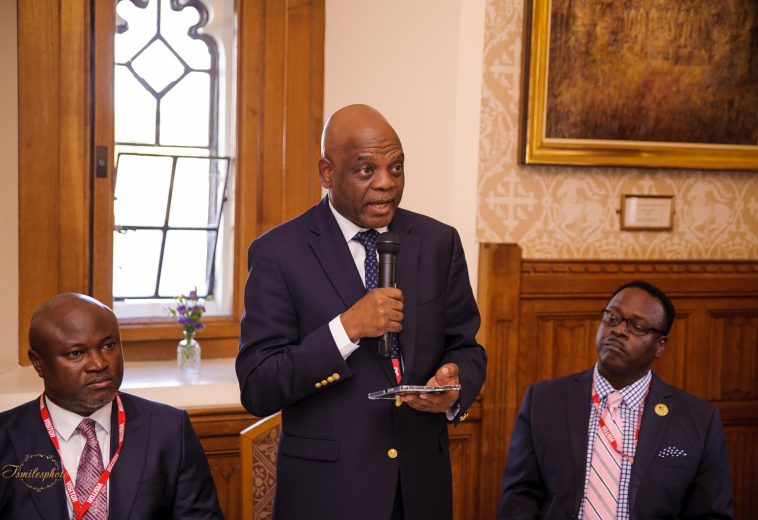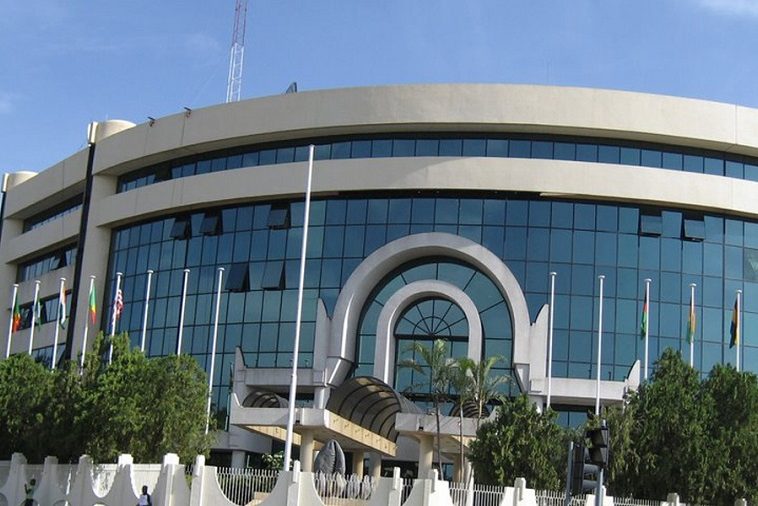With Africa’s rapid economic growth and the Global North’s quest for sustainable and inclusive development, both regions are gradually redefining their collaboration, although in certain discussions of global economics, development, and geopolitics, there are still lingering disparities in wealth, technology, and power.
This growing relationship promises to address global challenges including climate change, technological innovation, and economic inequality. The time is ripe for a bold, equitable partnership that harnesses Africa’s immense potential and the resources and expertise of industrialised nations.
Trade Relations: A New Era of Mutual Benefit
The trade relationship between Africa and the Global North has historically been asymmetrical, with Africa often exporting raw materials and importing finished goods. However, this dynamic is gradually shifting. In 2024, African countries are increasingly moving up the value chain, exporting more processed and manufactured goods. This shift is partly driven by the African Continental Free Trade Area (AfCFTA), which aims to create a single continental market for goods and services, potentially boosting intra-African trade by 52.3% by 2024.
The Global North, particularly the European Union (EU) and the United States, remains a vital trading partner for Africa. The EU-Africa Economic Partnership Agreements (EPAs) and the African Growth and Opportunity Act (AGOA) are pivotal frameworks facilitating trade. In 2024, these agreements are being re-negotiated to better align with Africa’s development goals, emphasising fair trade practices, technology transfer, and sustainable development.
Investment: Fostering Sustainable Growth
Investment flows from the Global North to Africa have seen significant growth, driven by the continent’s robust economic prospects. According to the United Nations Conference on Trade and Development (UNCTAD), Foreign Direct Investment (FDI) into Africa reached $47 billion in 2023, a 15% increase from the previous year. The focus of these investments is shifting towards sustainable and impact-driven projects, reflecting a global trend towards responsible investing.
Sectors such as renewable energy, technology, and infrastructure are receiving heightened attention. The African Development Bank (AfDB) has been instrumental in attracting investments into green projects, aiming to achieve a 40% energy share from renewable sources by 2040. Similarly, technology investments, particularly in fintech and agritech, are transforming economies, enhancing financial inclusion, and boosting agricultural productivity.
Sustainable Development: Aligning Goals and Actions
The alignment of sustainable development goals (SDGs) between Africa and the Global North is crucial for fostering long-term cooperation. Climate change, poverty alleviation, and healthcare are areas where collaborative efforts can yield significant benefits. The Global North’s commitment to supporting Africa’s climate resilience is evident through initiatives such as the European Green Deal, which includes provisions for supporting Africa’s green transition.
Healthcare cooperation has also intensified, especially in the wake of the COVID-19 pandemic. The Global North has played a critical role in vaccine distribution and healthcare infrastructure support in Africa. The African Union’s Agenda 2063, which envisions a prosperous and integrated Africa, aligns with the Global North’s sustainable development objectives, creating a framework for joint initiatives.
Geopolitical Considerations: Navigating Complex Systems
Geopolitical dynamics significantly influence the economic cooperation between Africa and the Global North. The rise of China as a major economic player in Africa introduces a competitive element. China’s Belt and Road Initiative (BRI) has led to significant infrastructure investments across the continent, posing both opportunities and challenges for the Global North.
In response, Europe and the United States are enhancing their engagement strategies. The EU’s Global Gateway initiative aims to mobilise €300 billion by 2027 for infrastructure projects, providing an alternative to the BRI. Similarly, the United States’ Prosper Africa initiative seeks to double two-way trade and investment between the U.S. and Africa.




